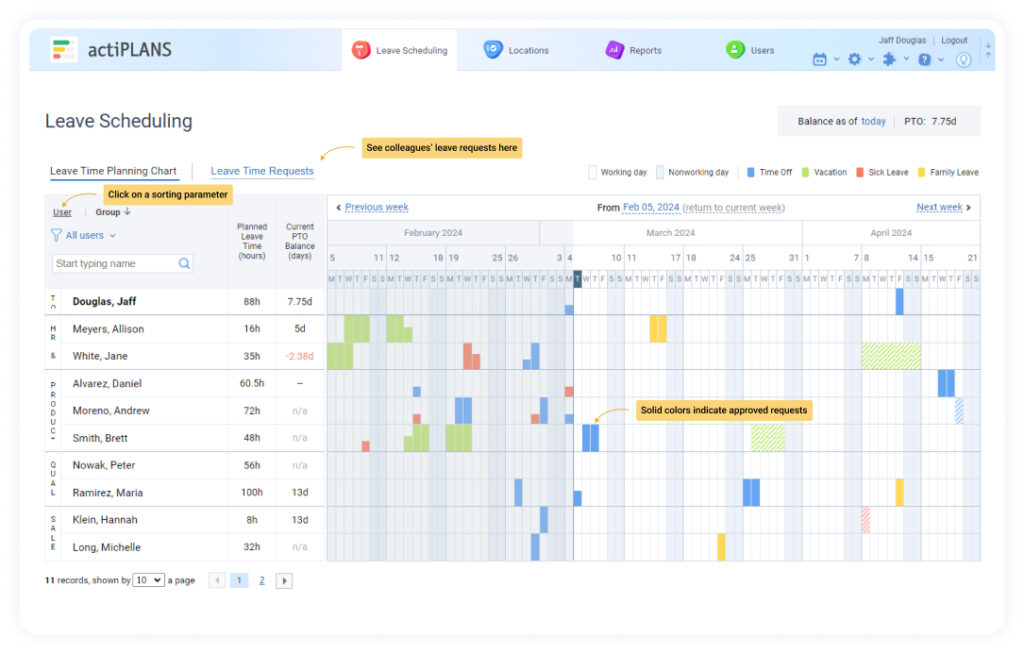Public holidays are days designated by governments as non-working days for employees in recognition of significant events, traditions, or national celebrations. They are important for both employers and employees to understand, as they affect work schedules, pay, and staffing levels.
In this article, we will explore the different types of public holidays, the benefits they bring, and the rules and regulations surrounding them.
Types of Public Holidays
Public holidays can be categorized into different types, such as federal, state, and local holidays.
In the United States, there are 10 federal holidays that are observed by most businesses and government offices, including New Year’s Day, Memorial Day, Independence Day, Labor Day, Thanksgiving Day, and Christmas Day. In addition to federal holidays, states and localities may also observe their own holidays, such as Martin Luther King Jr. Day or Presidents’ Day.
In contrast, countries like India have more than 20 public holidays each year, including regional holidays. Meanwhile, the European Union mandates a minimum of 14 paid public holidays for its member countries, although individual countries may have more.
In Canada, there are 11 public holidays that are recognized nationwide, including Christmas Day, New Year’s Day, and Canada Day.
In Australia, the number of public holidays observed by businesses and government offices varies by state, with some states observing more public holidays than others.
In the United Kingdom, there are eight bank holidays throughout the year, but Scotland has an additional two bank holidays.
Understanding the different types of public holidays and how they are observed in different countries is crucial for both employers and employees.
Benefits of Public Holidays
Public holidays provide employees with much-needed time off from work to celebrate important events or traditions, spend time with family and friends, or simply relax and recharge. This time off has been linked to improved work-life balance, reduced stress, and increased job satisfaction. For employers, public holidays can improve employee morale and productivity, as employees return to work feeling refreshed and energized.
Public holidays also have a positive impact on the economy and society as a whole, as they encourage spending and tourism, and bring people together to celebrate their shared culture and traditions.
Rules and Regulations for Public Holidays
Public holiday rules and regulations vary from country to country, but almost everywhere, employers have specific responsibilities regarding public holidays, such as providing holiday pay and managing staffing levels during holiday periods. Failure to comply with these regulations can result in legal and financial consequences.
US
• There are 11 federal holidays recognized by the U.S. government, such as Independence Day and Thanksgiving. Federal employees typically receive these days off.
• Each state can designate its own holidays. For instance, some states observe local holidays like Patriots’ Day or Cesar Chavez Day.
UK
• The UK has eight public holidays known as bank holidays. These include New Year’s Day and Christmas Day. There is no legal requirement for employers to provide paid leave on bank holidays, but many do as part of employment contracts.
• Scotland and Northern Ireland have additional holidays, such as St. Andrew’s Day and St. Patrick’s Day.
Germany
• Germany has 16 federal states, each with its own public holidays. National holidays include Unity Day and Christmas. Employees are generally entitled to paid time off on public holidays, and if they work, they may receive additional compensation.
• Some holidays are only observed in certain states (e.g., Reformation Day in some northern states).
France
France has 11 official public holidays, including Bastille Day and Armistice Day. If employees work on a public holiday, they are typically entitled to extra pay (usually double).
India
India has three national holidays (Republic Day, Independence Day, and Gandhi Jayanti) and numerous regional holidays based on state festivals. The Shops and Establishments Act governs holiday entitlements, and employers must observe national holidays while state-specific laws may apply for regional holidays.
Japan
Japan has 16 public holidays, including New Year’s Day and Showa Day. Employees are entitled to a day off on public holidays, and if they work, they usually receive additional pay.
Australia
Australia has national public holidays like Australia Day, but each state also has its own holidays (e.g., Labour Day). Employers must comply with national and state laws regarding public holiday pay. Employees who work on these days typically receive penalty rates.
Brazil
• Public Holidays: Brazil has several national holidays, including Independence Day and Christmas, along with numerous regional holidays.
• Workplace Regulations: Employees are entitled to take these days off with pay; working on a public holiday usually warrants additional compensation.
Best Practices for Managing Public Holidays
To effectively manage public holidays in the workplace, employers should communicate holiday schedules to employees in advance, ensure adequate coverage during periods of high employee absence, and establish clear policies regarding holiday pay and time off requests.
For effective management of public holidays and time off requests, consider using actiPLANS. It provides an easy-to-use and comprehensive solution to track and manage employee time off and public holidays.
 Sign up for a free trial today!
Sign up for a free trial today!
Conclusion
Understanding public holidays is essential for both employers and employees. By recognizing the benefits of public holidays, adhering to rules and regulations, and implementing best practices for managing public holidays, employers can create a positive work environment that fosters productivity and employee satisfaction.



